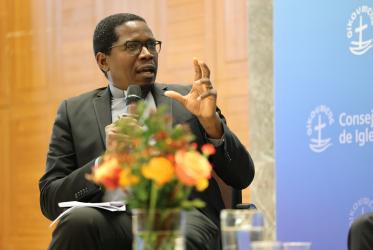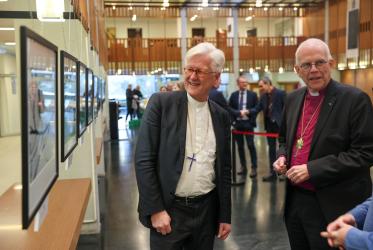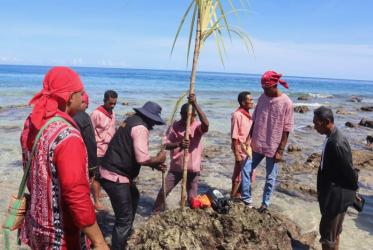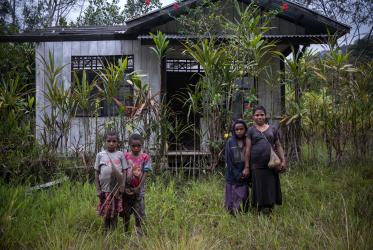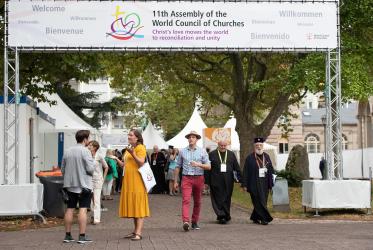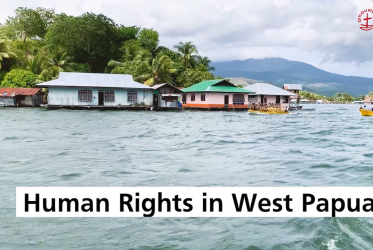Displaying 1 - 20 of 23
07 February 2024
“Every Picture Tells A Story” photo exhibit opens
30 November 2023
Ecumenism in the Philippines means hope and resilience
22 August 2023
Uppsala 1968: tal como predijo la canción, los tiempos estaban cambiando
19 September 2022
Uppsala 1968: The times, they were a’changing
06 September 2022
Unity is key when health crisis poses new challenges in Asia
28 February 2022
WCC video interview describes human rights crisis in West Papua
13 January 2022
La Semana de oración por la unidad cristiana en imágenes
02 February 2021
